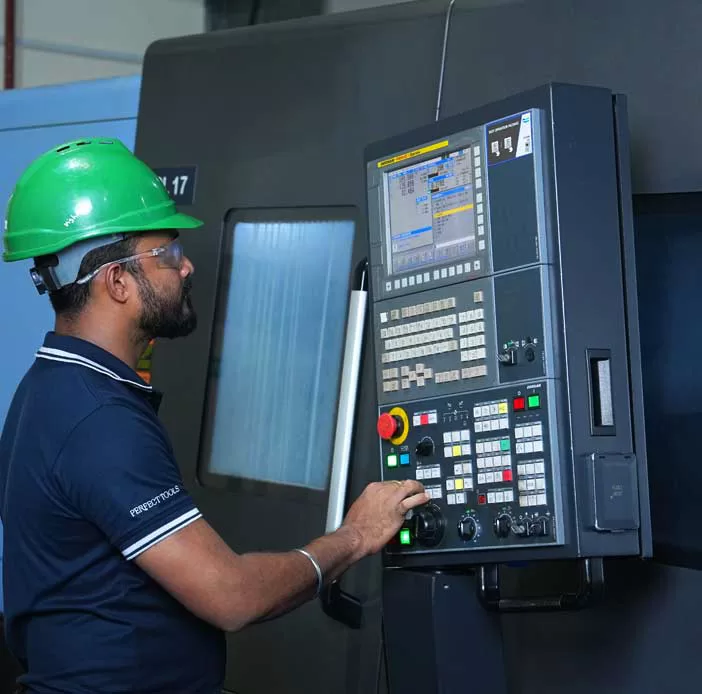CNC threading is the process of creating threads using CNC threading machines. Threads are used for fastening or as mechanical connections, and they are important for the components in equipment to hold together. They are mostly used in industries like aerospace, automotive, and construction.
One of the major advantages of CNC threading is that the CNC threading machine is programmed to cut threads with very high precision with the help of various tools like thread mills, and taps. The CNC machine follows a programmed approach and this helps in getting consistency and accuracy across multiple parts.
Key Advantages of CNC Threading
High Precision – One of the main advantages of CNC threading is that the CNC threading machines are capable of producing threads with amazing accuracy and consistency. They ensure consistent thread dimensions and tight tolerances, which are crucial for quality and reliability in mechanical connections.
Consistency – The CNC threading process ensures uniformity across multiple parts, which is very crucial. This consistency helps in reducing the errors in the manufacturing process, making it the best for high-volume production.
Speed and Efficiency – Automated CNC threading machines can operate at higher speeds compared to manual threading, significantly reducing production time while maintaining quality, especially in repetitive tasks.
Flexibility – Another major advantage of CNC threading is its ability to create various types of threads. It can also handle both the internal and external threads, offering versatility for different applications.
Handle All Types of Materials – CNC machines can handle almost all types of materials and that includes metals like steel, aluminium, plastics, and composites. This ability makes it suitable for all kinds of industries.
Reduces Tool Wear & Improves Tool Life – CNC machines use precise cutting technology, and this reduces the wear and tear of the tools and improves the tool life.
Complex Threading Operations – CNC threading can perform intricate thread profiles and non-standard thread geometries that would be challenging or impossible to achieve manually
Multi-Axis Capabilities – Some CNC machines are capable of multi-axis movement, allowing complex threading on components with unconventional shapes and orientations.
Cost-Effective for Large Batches – While CNC machines may have higher initial setup costs, they become highly cost-effective for large-scale production due to their efficiency and low error rates.
Industries Where CNC Threading is Applied
The CNC threading process is mostly applied in industries where precision, strength, and reliability are very important. Here are a few industries where CNC threading is most commonly applied.
Aerospace Industry
The aerospace industry is one such industry where the demand for quality is extremely high. The industry needs high-quality components that can withstand extreme pressures, temperatures, and vibrations.
Automotive Industry
When it comes to the automotive industry, CNC threading is used in engine components and transmission systems. The engine and transmission system needs quality components for breakdown free running of the automobiles.
Oil and Gas Industry
CNC machines are very much essential for the oil and gas industry as they can produce robust, high-precision threads that can ensure leakproof connections in oil piping and other important equipment.
Construction and Heavy Machinery
CNC threading plays a major role in the construction and heavy machinery industry. The heavy equipment used in the construction industry needs to be strong. These threads ensure that the components in the heavy equipment hold together, under stress and in a harsh environment.
CNC threading is a highly efficient and specialized process that is used in industries that need high-quality components with precision engineering. CNC threading plays a very important role in the production of high precision, durable, and reliable components that are safe and durable for the above said industries.
